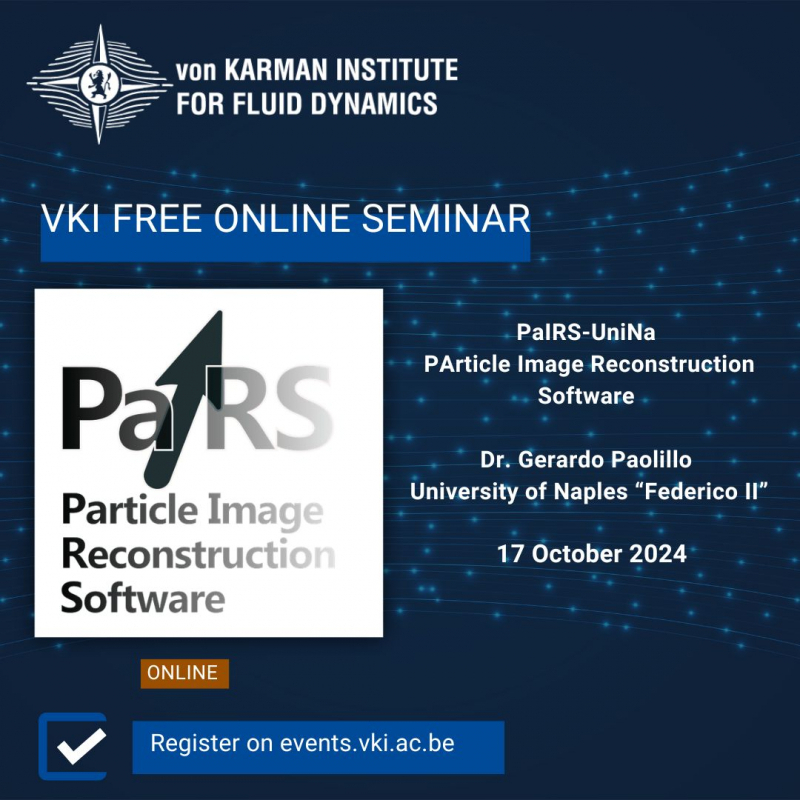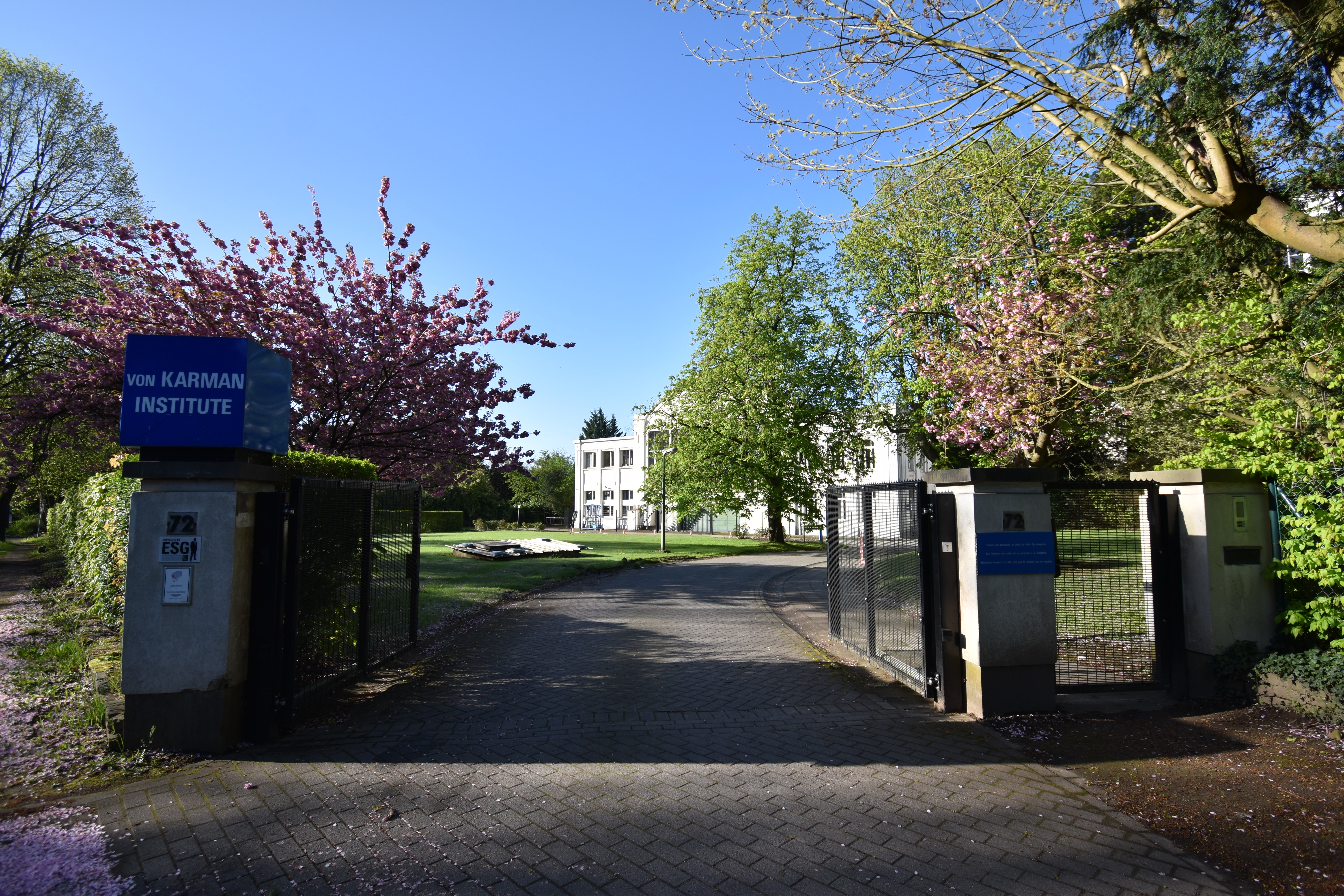Free Online Presentation - PaIRS-UniNa (PArticle Image Reconstruction Software – University of Naples “Federico II”) (2)

You are invited to attend the presentation of PaIRS-UniNa (PArticle Image Reconstruction Software – University of Naples “Federico II”), a free software application designed to perform digital particle image velocimetry (PIV). The presentation by Dr. Gerardo Paolillo will take place online on 17 October from 1:30PM to 3:15PM
Abstract: PaIRS-UniNa (PArticle Image Reconstruction Software – University of Naples “Federico II”) relies on a powerful C library designed for speed, robustness and accuracy, and a user-friendly graphical interface running in Python environment on all operating systems, including Windows, Linux, and MacOS. At the current stage, it features modules to perform two-compenent (2C) PIV, stereoscpic PIV and optical camera calibration for multi-camera systems.
The processing of PIV and stereoscopic PIV data is based on an iterative image deformation method, which can be customized by the user varying different parameters in such a way to find the best compromise between accuracy and computational speed. These parameters include the size, shape, and number of interrogation windows, the number of process iterations, and the type of interpolating functions for both image deformation and displacement interpolation (such as bilinear, bicubic, methods based on simplexes or the FFT shift theorem, and B-splines of varying orders). Additionally, it is possible to select a range of weighting windows for cross-correlation estimation and velocity field filtering, including rectangular, Blackman, Gaussian, Harris, Hann windows, among others, and several vector validation strategies for outlier detection and replacement. Such a level of customization enables to effectively adjust the modulation transfer function of the PIV process to meet specific application requirements.
For the stereoscopic PIV process two different approaches are possible: mapping, which involves applying PIV to de-warped images for 2D-2C displacement fields, and warping, which applies PIV to raw images and combine 3C reconstruction and image dewarping in a single subsequent step. In order to accurately estimate the laser sheet plane location and correct errors due to misalignment and inaccurate displacement vector positions, a disparity correction procedure is also available.
The calibration module (CalVi) supports accurate calibration with the camera models mostly used in the PIV community: polynomials, rational functions and the pinhole camera model. Moreover, it supports the integration of the pinhole camera model with a refractive correction model for cylindrical geometries and camera calibration procedures working with unknown positions and orientations of the calibration target. In such a way, the target may be moved by hand without losing accuracy in comparison with a conventional calibration, in which the target is displaced with the aid of translational and rotational stages and knowledge of the target positions is strictly required.
In the present lecture, students will be introduced to the use of PaIRS-UniNa for processing PIV and SPIV images sets and calibrating camera systems in different optical configurations. The practical session will involve real experimental cases, and students will learn how to find the optimal balance between computational speed and the accuracy of the expected results through a fine tuning of the software parameters.
Biography: Gerardo Paolillo received a Master's degree in Aerospace Engineering and a PhD degree in Industrial Engineering from Università di Napoli "Federico II" in 2015 and 2018, respectively. He is currently a Research Associate in the Department of Industrial Engineering at Università di Napoli "Federico II". His research interests lie in the area of experimental fluid mechanics, with focus on applications of unsteady jets to flow control and electronics cooling, investigation into dynamics of turbulent Rayleigh-Bènard convection and development of 3D optical velocimetry techniques.
Please check our eligibility criteria before registering.
Event Information
| Event Date | 17-10-2024 1:30 pm |
| Event End Date | 17-10-2024 3:15 pm |
| Cut off date | 16-10-2024 10:00 am |
| Location | von Karman Institute for Fluid Dynamics |
Venue Information - von Karman Institute for Fluid Dynamics

